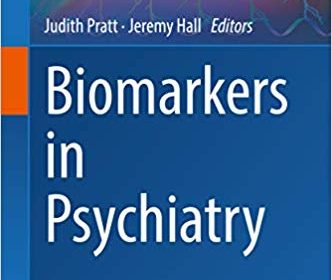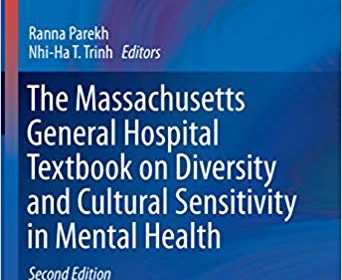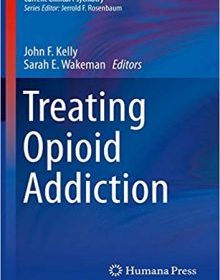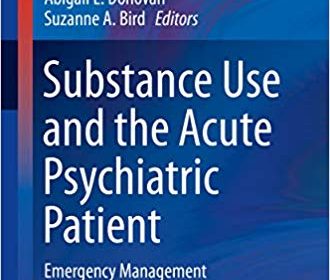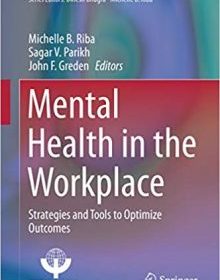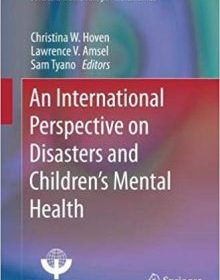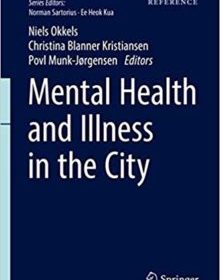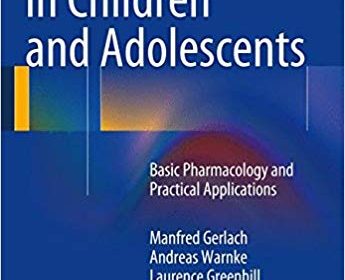Statistical Methods in Psychiatry and Related Fields
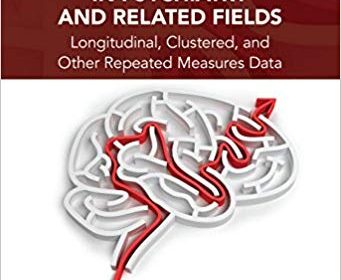
Statistical Methods in Psychiatry and Related Fields
Data collected in psychiatry and related fields are complex because outcomes are rarely directly observed, there are multiple correlated repeated measures within individuals, there is natural heterogeneity in treatment responses and in other characteristics in the populations.
Simple statistical methods do not work well with such data. More advanced statistical methods capture the data complexity better, but are difficult to apply appropriately and correctly by investigators who do not have advanced training in statistics. This book presents, at a non-technical level, several approaches for the analysis of correlated data: mixed models for continuous and categorical outcomes, nonparametric methods for repeated measures and growth mixture models for heterogeneous trajectories over time.
Separate chapters are devoted to techniques for multiple comparison correction, analysis in the presence of missing data, adjustment for covariates, assessment of mediator and moderator effects, study design and sample size considerations. The focus is on the assumptions of each method, applicability and interpretation rather than on technical details.

